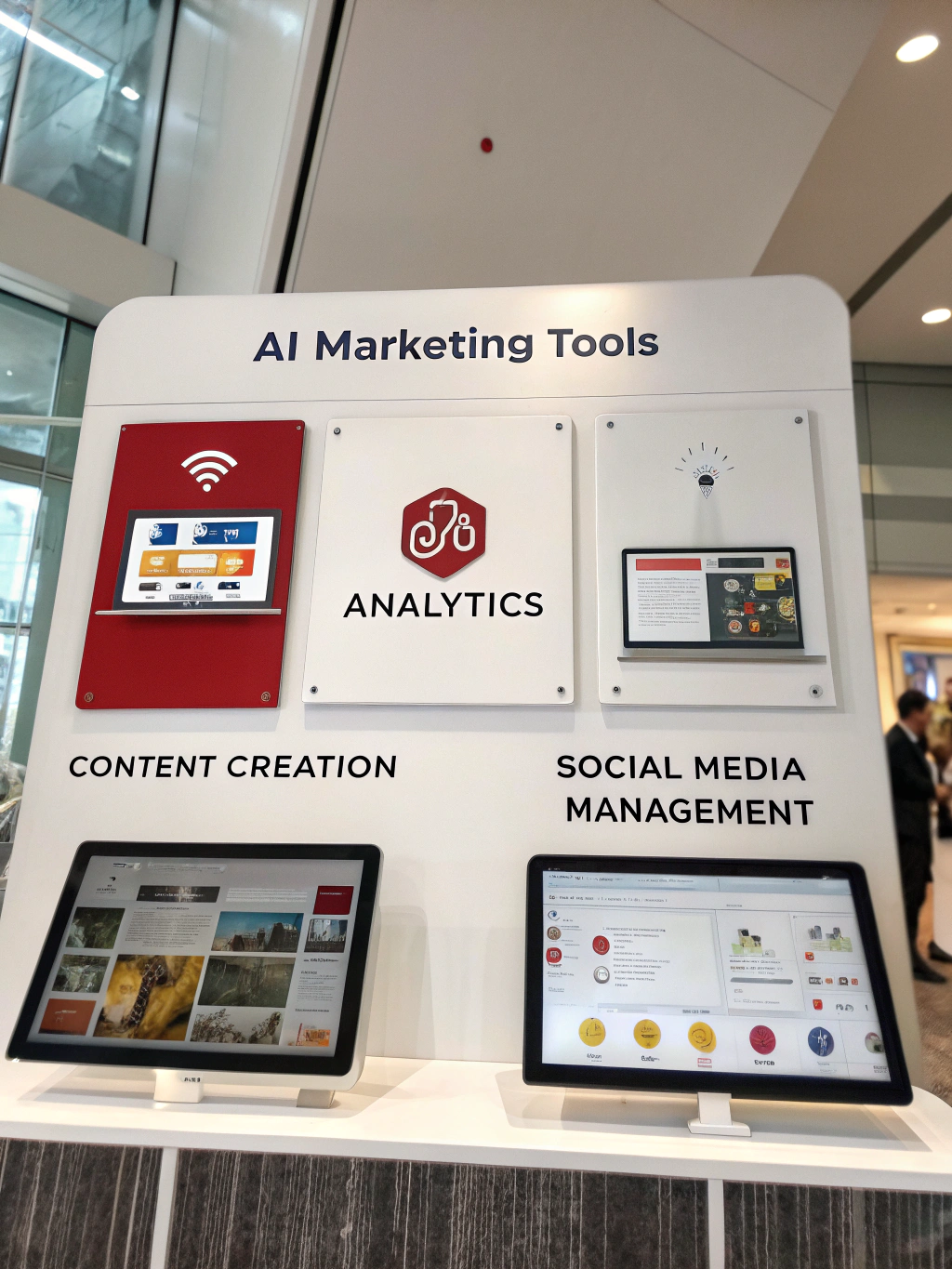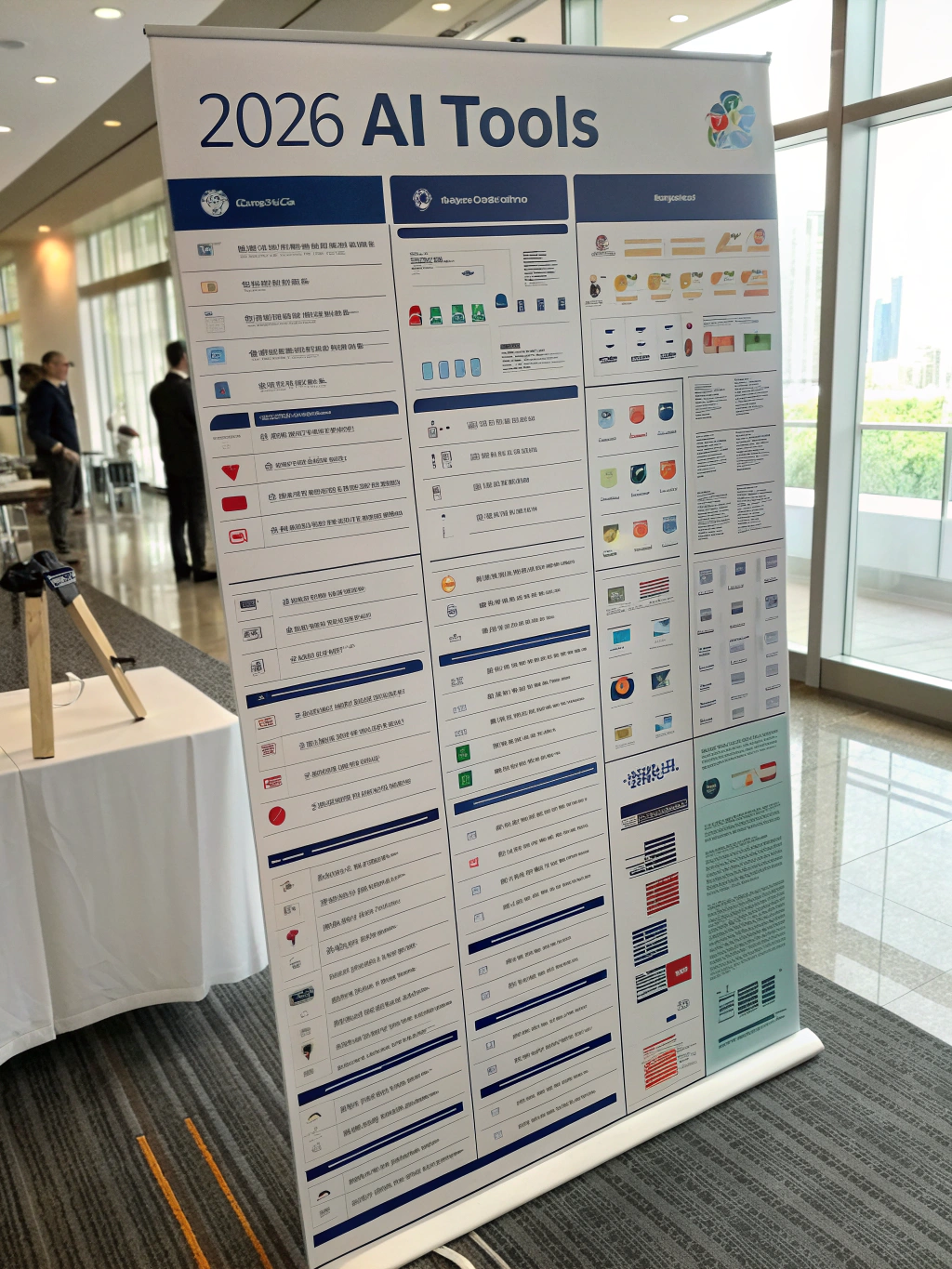How AI-Driven Data Analytics is Revolutionizing Investment Decisions for Tech Startups
.
Is Your Investment Strategy Ready for the AI Revolution?
The financial landscape is undergoing a seismic shift, and at the epicenter of this change lies AI in Investment. But are you prepared for this technological tidal wave? A recent report by McKinsey Global Institute estimates that AI could contribute upwards of $13 trillion to the global economy by 2030, significantly impacting how investments are made, managed, and analyzed. Understanding and leveraging the power of artificial intelligence is no longer a futuristic concept – it’s a present-day imperative for anyone serious about navigating the complexities of the modern market. This post will delve deep into the world of AI in Investment, exploring its key concepts, market trends, practical applications, and crucial considerations for investors and businesses alike.
Key Concepts & Trends

The integration of artificial intelligence into the investment world isn't about replacing human analysts entirely, but rather augmenting their capabilities with powerful analytical tools. Several key trends are shaping this transformation.
Algorithmic Trading: This is perhaps the most widely recognized application. AI algorithms can analyze vast datasets – including market data, news sentiment, and social media trends – to identify patterns and execute trades at speeds and frequencies impossible for humans. High-frequency trading (HFT), powered by sophisticated AI, exemplifies this.
Robo-Advisors: These platforms use algorithms to provide automated, algorithm-driven financial advice and portfolio management. They democratize access to investment strategies, especially for smaller investors, offering personalized recommendations based on risk tolerance and financial goals.
Sentiment Analysis: AI powers sentiment analysis, which gauges public opinion and emotions towards companies, industries, or even individual assets. This real-time understanding can provide valuable insights into market movements. For example, analyzing social media chatter around a company's product launch can predict its stock price trajectory.
Predictive Analytics: Leveraging machine learning, AI can analyze historical data to predict future market trends, identify potential investment opportunities, and assess risk more accurately than traditional methods. This includes forecasting asset prices, predicting economic downturns, and identifying undervalued assets.
Natural Language Processing (NLP): NLP allows AI to understand and interpret unstructured data like news articles, financial reports, and analyst commentary. This helps automate research processes and extract actionable insights from a wider range of sources.
Data & Market Insights
The adoption of AI in finance is accelerating rapidly. According to a report by Grand View Research, the global AI in investment market size was valued at USD 12.6 billion in 2023 and is projected to reach USD 65.4 billion by 2030, growing at a CAGR of 27.8% from 2024 to 2030.
JPMorgan Chase, for instance, has invested heavily in AI and machine learning, using it to streamline operations, improve risk management, and enhance customer service. Their AI-powered fraud detection system significantly reduces fraudulent transactions, saving the bank millions annually.
Furthermore, many hedge funds are now incorporating AI into their investment strategies, utilizing sophisticated algorithms to identify arbitrage opportunities and generate alpha. The use of AI in portfolio optimization has also seen a surge, with platforms utilizing machine learning to construct portfolios that align with specific investment objectives and risk profiles.
Tech Business Strategy is crucial here; successful AI implementation isn’t just about the technology itself, but about aligning it with a broader strategic vision.
Smarter Strategies & Alternatives
Beyond the core AI applications, several smarter strategies are emerging. Hyper-personalization is a key trend. AI enables investment platforms to customize recommendations based on individual investor behavior, preferences, and life stages.
Decentralized Finance (DeFi) is another area where AI is gaining traction. AI algorithms can be used to optimize trading strategies, manage risk, and provide liquidity in decentralized exchanges. However, DeFi is inherently risky, so AI-powered risk management is crucial.
Alternative Data Sources: AI can analyze unconventional data like satellite imagery, credit card transactions, and web scraping to gain an edge in investment decision-making. For example, analyzing satellite images of retail parking lots can provide insights into consumer spending patterns.
AI-powered Due Diligence: AI tools are streamlining the often complex due diligence process. They can automatically analyze vast amounts of data to identify potential risks and opportunities associated with investments.
Use Cases & Applications
Let’s look at some practical examples. A venture capital firm might use AI to screen thousands of startups for potential investment, analyzing their financials, market potential, and team composition.
In the retail sector, AI is being used to predict demand, optimize inventory levels, and personalize marketing campaigns, leading to improved profitability.
For individual investors, robo-advisors offer low-cost, accessible investment management. AI-powered chatbots provide instant customer support and financial advice.
Startups like Numerai are leveraging AI and crowdsourcing to build predictive models for financial markets. These models are then used by institutional investors to make informed trading decisions. Successfully pivoting to incorporate AI has been a key factor for many tech-focused businesses adapting to the evolving market landscape.
Common Mistakes to Avoid
Despite the immense potential of AI in investment, several common pitfalls can derail even the most promising strategies.
Over-Reliance on Algorithms: Blindly trusting AI without human oversight can lead to costly mistakes. Algorithms are only as good as the data they are trained on, and unforeseen events can render them ineffective.
Data Quality Issues: Garbage in, garbage out. Poor quality data will produce unreliable results. Investing in robust data governance and validation processes is critical.
Lack of Explainability: "Black box" AI algorithms can be difficult to understand, making it challenging to identify and correct errors. Prioritize explainable AI (XAI) solutions.
Ignoring Regulatory Considerations: The regulatory landscape surrounding AI in finance is still evolving. Failure to comply with relevant regulations can result in significant penalties.
Maintenance, Security & Long-Term Planning
Maintaining AI systems requires ongoing monitoring, retraining, and updates. Cybersecurity is paramount. Robust security measures are needed to protect against data breaches and cyberattacks.
Portfolio Diversification: Even with AI-powered predictive tools, diversification remains essential for managing risk. Don't put all your eggs in one basket, even if that basket is managed by AI.
Scalability: As your investment portfolio grows, ensure your AI infrastructure can scale accordingly.
Regulatory Updates: Staying abreast of changing regulatory frameworks related to AI usage in finance is crucial for maintaining compliance.
Summary & Key Takeaways
AI in Investment is transforming the financial world, offering unprecedented opportunities for growth and efficiency. From algorithmic trading and robo-advisors to predictive analytics and DeFi, the applications are vast and growing. However, success requires a strategic approach, careful planning, and a commitment to responsible AI practices. Investing in AI isn't just about adopting new technology; it's about reimagining your entire investment strategy.
FAQs
Is it too late to invest in crypto? While the crypto market remains volatile, AI can play a role in identifying promising projects and managing risk. However, proceed with caution and conduct thorough research.
How can small businesses use AI? Smaller businesses can leverage AI tools for customer service (chatbots), marketing (personalized recommendations), and data analysis (predictive analytics).
What tech stacks scale best for AI applications? Cloud-based platforms like AWS, Azure, and Google Cloud are well-suited for scaling AI applications due to their flexibility, scalability, and comprehensive AI services.
By embracing AI in Investment strategically, you can position yourself for success in the evolving financial landscape. What are your thoughts on the role of AI in investment? Share your experiences and insights in the comments below! You can explore more on related topics like AI in Investment.
Share this content:














Post Comment